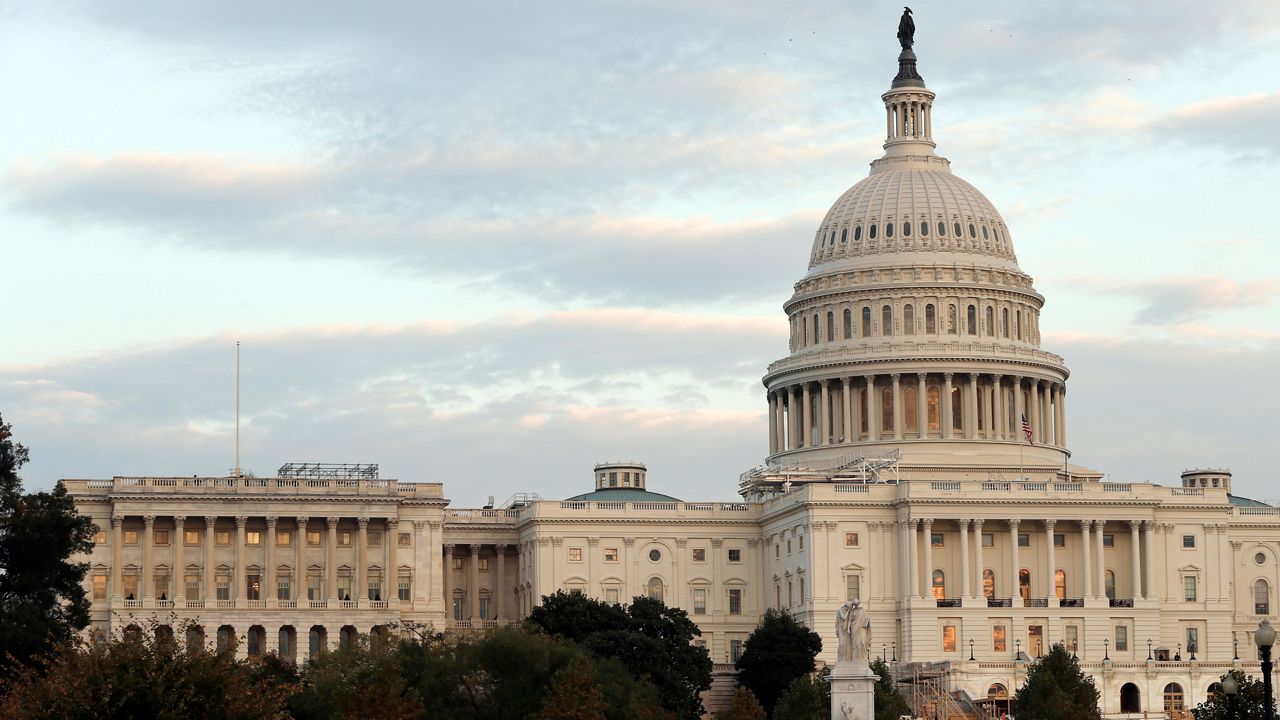The new census count means North Carolina will get a new seat in the U.S. House of Representatives.
North Carolina currently has 13 members in the House. The state's growing population means North Carolina will get a 14th seat in the House.
North Carolina is now the 9th most populous state in the United States, according to the new count.
The United States grew by 7.4% to about 331.5 million. This is one of the lowest growth rates ever recorded for the country.
The South saw the highest growth rate, growing by more than 10% over the past decade.
Texas will gain two seats in the U.S. House, and five states will gain a seat: North Carolina, Colorado, Montana, Florida and Oregon.
Seven states will each lose one seat in the House of Representatives: California, Illinois, Michigan, New York, Ohio, Pennsylvania and West Virginia.
The average population of each House district is now about 761,000, up from almost 711,000 a decade ago.
There are 435 seats in the House that are divided among the states based on population every 10 years.
The U.S. Census Bureau counts every person and household, collecting detailed demographic information, once a decade.
The coronavirus pandemic posed unique challenges for the count this year. But now that the totals are in for apportionment, the process of distributing legislative seats based on the new population count.
Census Bureau Acting Director Ron Jarmin said the Census Bureau had to quickly adapt to get the count done during the pandemic. "We advertised on pizza boxes instead of at basketball games," he said.
It will take some time before the Census Bureau releases demographic data, but Monday's announcement means legislatures can begin preparing for redistricting.
North Carolina's redistricting process dragged on for years after the 2010 census. Many states have created independent commissions to handle redistricting, but the process in North Carolina remains in the hands of the Republican-controlled General Assembly.
The Census Bureau will have redistricting data for states by the end of September, according to Commerce Secretary Gina Raimondo.
"We use the data to decide how many teachers we need in our schools, how much funding we will need for public housing programs," and many other programs, Raimondo said.









